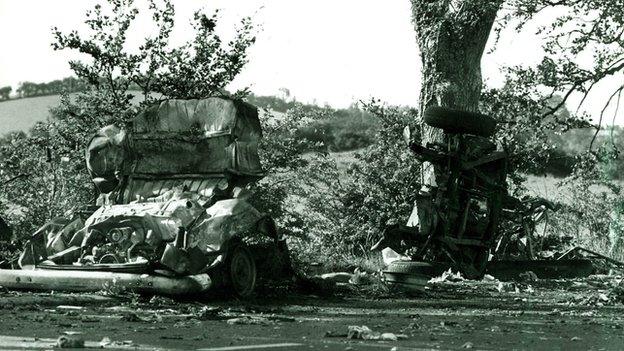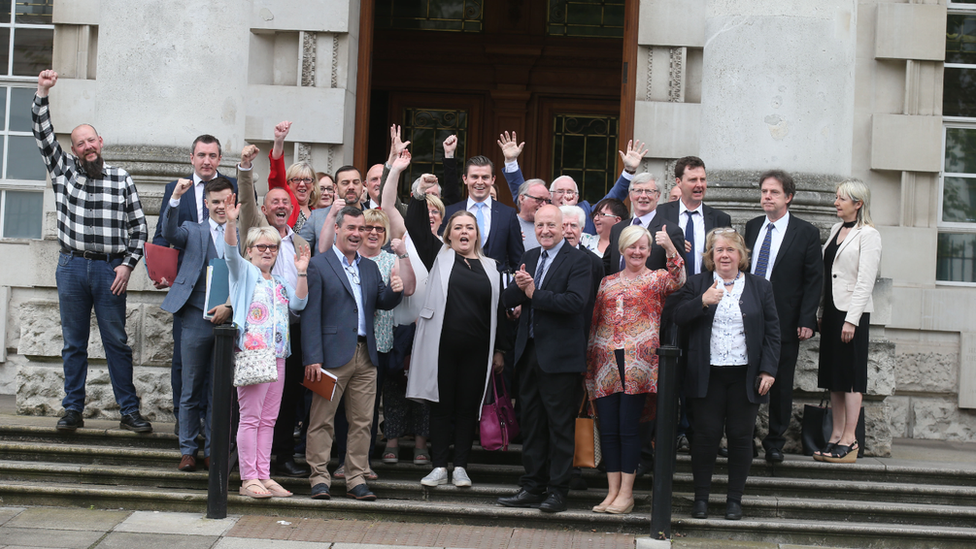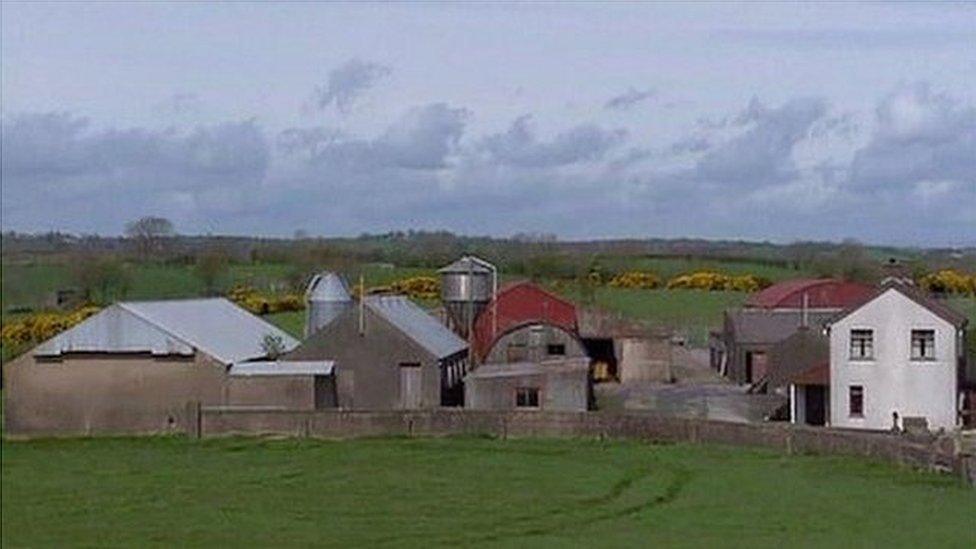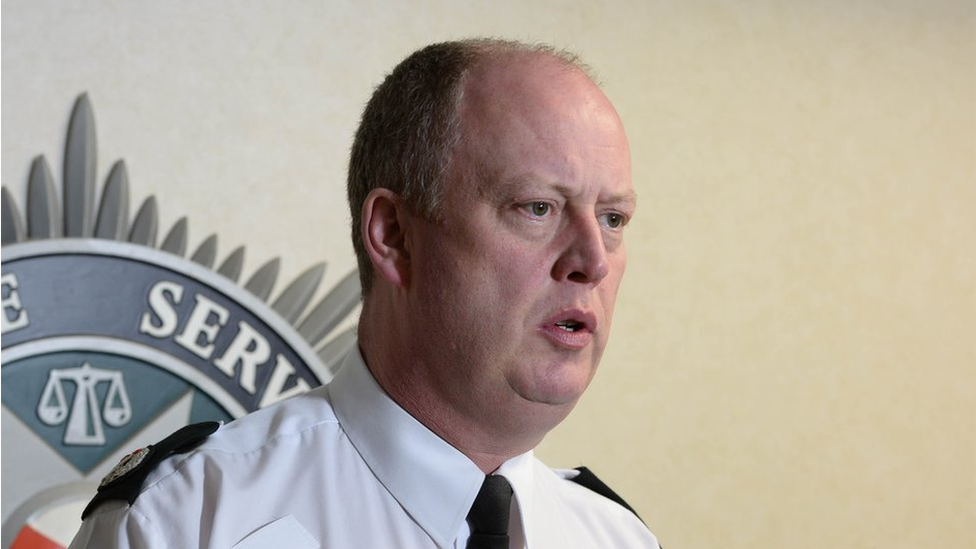Glenanne gang: Court of Appeal rules investigation must be held
- Published

The gang has been linked to killings such as the Miami Showband massacre
A full, independent investigation into alleged collusion between the security services and the Glenanne gang must be held, the Court of Appeal has ruled.
The Glenanne gang was a 1970s loyalist paramilitary unit which has been linked to about 120 Troubles-era murders.
Members included Ulster Volunteer Force (UVF) paramilitaries as well as some serving police officers and soldiers.
The court ruled victims' families had a legitimate expectation an independent investigation would take place.

Victims' families and their lawyers welcomed the latest ruling outside the Court of Appeal
Lord Chief Justice, Sir Declan Morgan, warned the PSNI's new Chief Constable Simon Byrne that if he "unduly delays in appointing independent officers" to oversee the new investigation into alleged collusion, he would be "at risk of further proceedings" from victims' relatives.
The Glenanne gang was based at a farm in Glenanne, County Armagh, in the 1970s.
Its members are suspected of involvement in about 90 attacks during the Troubles, including the 1974 Dublin and Monaghan bombings, which killed 33 people, and the 1975 Miami Showband Massacre targeting one of Ireland's best known showbands.
The gang was also implicated in fatal bombings at the Step Inn pub in Keady, County Armagh, and the Hillcrest Bar in Dungannon, County Tyrone.

A farm in Glenanne was alleged to be the base for the gang
An investigation into alleged security force collaboration with the gang was started by the now defunct Historical Enquiries Team (HET).
However, the HET was later abolished and the report, thought to be 80% complete, was shelved.
Families argued they were promised an investigation.
Initial legal proceedings against the PSNI were taken by Edward Barnard, whose 13-year-old brother Patrick was killed in the Hillcrest Bar bombing.
The boy was one of four people to die in the no-warning explosion on St Patrick's Day, 1976.
'Extraordinary pattern'
Five years later, Dungannon UVF member Garnet James Busby received a life sentence after admitting his role in the bombing and other terrorist offences.
Friday's Court of Appeal ruling upholds a previous court's decision that had been challenged by the former PSNI Chief Constable, Sir George Hamilton.
Sir George had argued that the Hillcrest Bar bombing investigation met the "gold standard" of human rights obligations by securing a conviction.
He also argued that the HET review into the bombing had identified no security force collusion with the killers.
But Mr Barnard's lawyers told the Court of Appeal a number of promises meant there was a compelling case for producing an overarching report on alleged collusion.

Former PSNI Chief Constable Sir George Hamilton previously argued that the HET review into the Hillcrest bar bombing had identified no security force collusion with the killers
They claimed off-duty police officers and soldiers were connected by weapons to the "extraordinary pattern" of loyalist killings.
Delivering judgment in the appeal, Sir Declan upheld the finding that police representations amounted to a procedural legitimate expectation.
But because the Hillcrest Bar killings occurred 24 years before the Human Rights Act came in to force, the court said there is no Article 2 duty to complete such an investigation.
Deciding not to make an order compelling police to act, Sir Declan instead ruled there had been a breach of Mr Barnard's legitimate expectation that independent officers would analyse the HET database for any wider collusion between paramilitaries and security forces in the Glenanne gang murders.